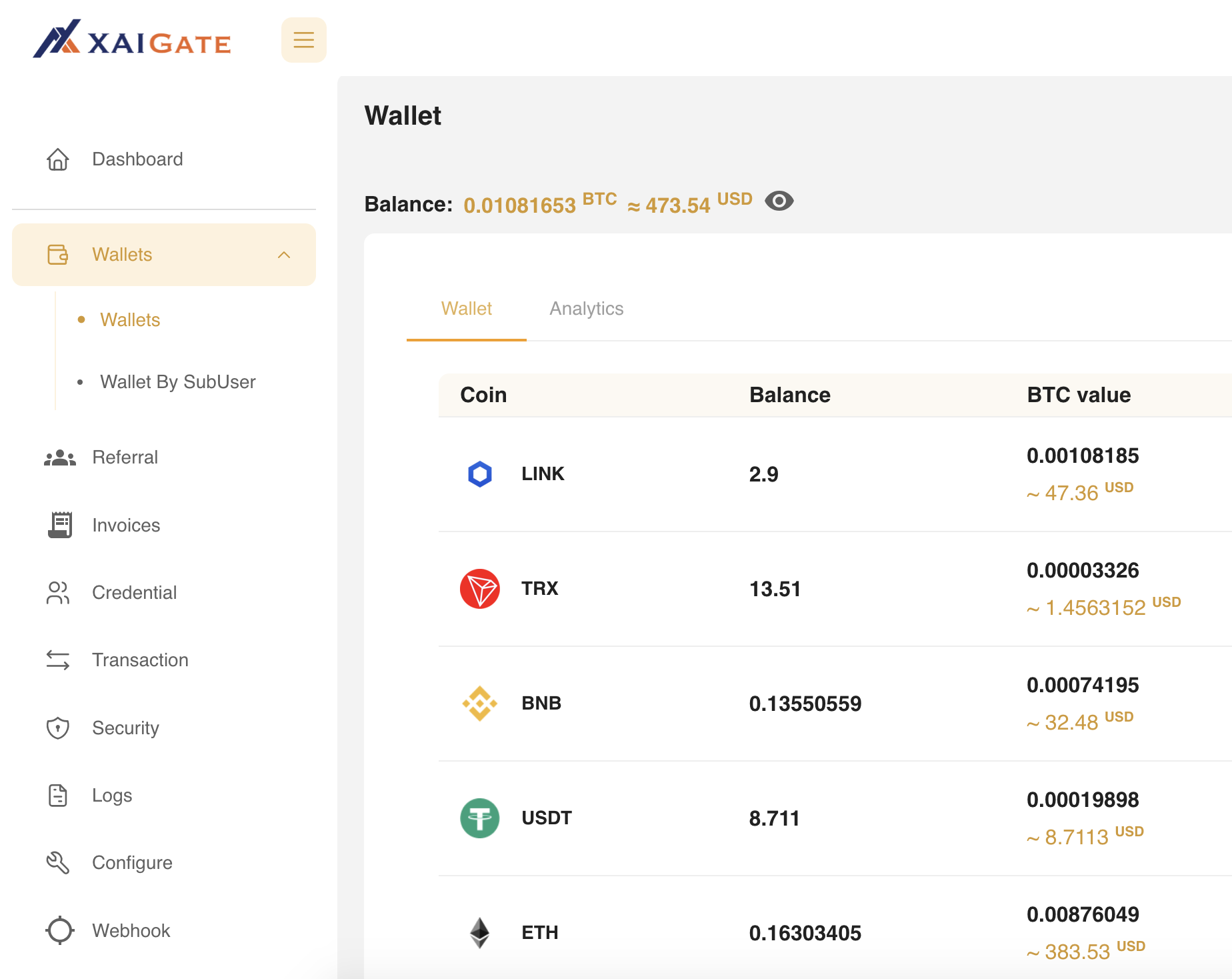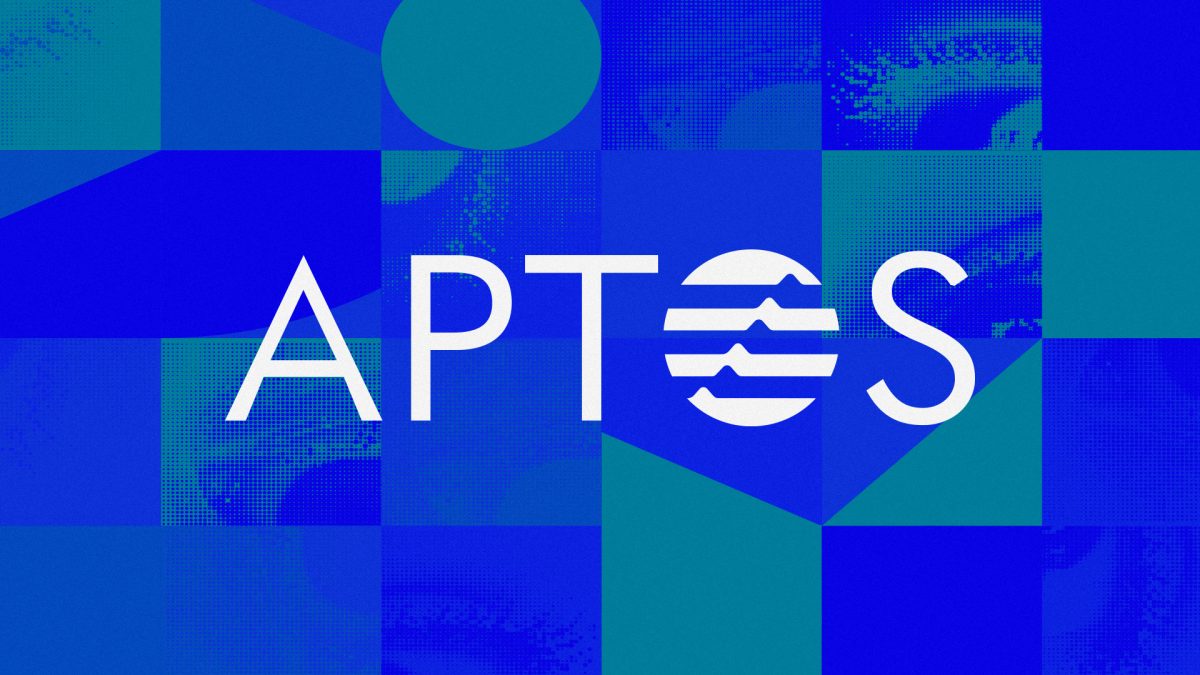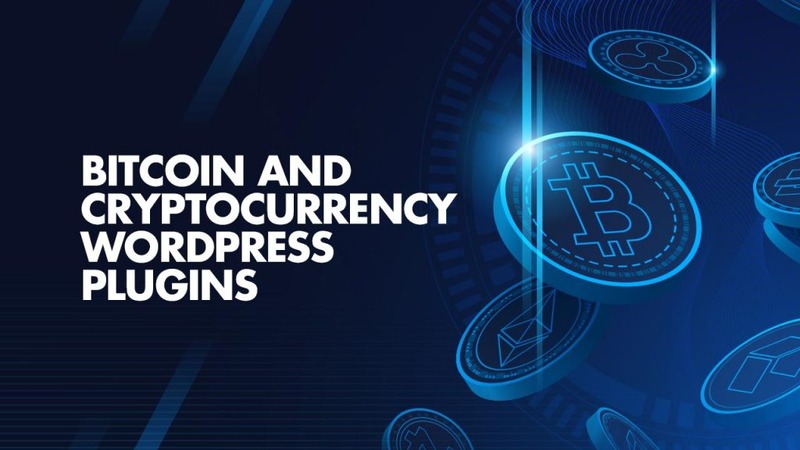Supported Coins
Accept Hashflow Payments - HFT Payment Gateway
XAIGATE is best cryptocurrency payment gateway is a service that allows businesses to accept Hashflow (HFT) payments from customers. It acts as an intermediary between the buyer and seller, handling the processing and settlement of cryptocurrency payments. Try #1 Hashflow (HFT) Payment Gateway Now!
- Only 0.2% Transaction Fee
- 9.866+ Supported Coins
- No Monthly Cost
- Security & Global reach
- No hidden fees


Why accept Hashflow (HFT)
What is Hashflow (HFT)?
Hashflow (HFT) is the native token of the Hashflow protocol, a decentralized exchange (DEX) aggregator designed for:
- Deep Liquidity: Hashflow aims to connect users with the deepest liquidity pools across various blockchain networks. This ensures users can trade any token on any chain in large quantities without significant price impact.
- Zero Slippage: By utilizing an intelligent routing system, Hashflow strives to minimize or eliminate slippage, a common issue in DEXs where the executed price can differ from the quoted price due to limited liquidity.
- MEV Protection: Hashflow offers built-in protection against MEV (Miner Extractable Value), a practice where miners on Proof-of-Work blockchains can exploit temporary information asymmetry to extract profit from users’ transactions.
HFT Token Functionality:
Governance: HFT holders have voting rights on the Hashflow protocol. They can participate in crucial decisions regarding the platform’s development, such as:
- Fee structures
- Integration with new blockchains
- Future protocol upgrades
Potential Fee Discounts (speculative): Some sources speculate that HFT holders might enjoy benefits like reduced trading fees on the Hashflow DEX in the future.
Here’s an analogy to understand HFT’s role: Imagine HFT as a “smart travel agent” for cryptocurrency swaps. It searches across different DEXs to find the best possible rates and execution for your trades, ensuring deep liquidity, zero slippage, and MEV protection.
Hashflow (HFT) payment METHODS
How Does Hashflow (HFT) Payment Work
Cryptocurrency Payment Gateway 2024 is a service that allows businesses to accept Hashflow (HFT) payments from customers. It acts as an intermediary between the buyer and seller, handling the processing and settlement of cryptocurrency payments.
Step 1: Register Account
Create a XAIGATE account to process cryptocurrency transactions quickly and easily. You can sign up and start processing transactions without adding KYC or bank account information.
Step 2: Setup with APIs or Plugin
Set up your XAIGATE account by adding some necessary details, such as your business information and payment preferences. Explore the XAIGATE API to learn how to accept Hashflow (HFT) payments on your website.
Step 3: Accepting Hashflow (HFT) payments
Congratulations! You can now let your customers pay in cryptocurrency. Explore the many benefits of accepting crypto payments with XAIGATE
About Hashflow (HFT) Payment
Why Businesses Accept Hashflow (HFT)
Businesses choose to accept Hashflow (HFT) for reasons :
- Growth of DeFi and DEX Adoption: If Decentralized Finance (DeFi) and DEXs gain mainstream adoption, HFT, as a prominent token within the DEX aggregation space, could see increased use. This could incentivize businesses to accept HFT to cater to this growing customer segment.
- Simplified Crypto Payment Solutions: The development of user-friendly solutions that allow businesses to easily accept HFT or convert it to fiat currency could play a significant role in wider adoption. Integrations with existing payment processors or crypto gateways could be a game-changer.
- Focus on Specific Customer Segments: Businesses targeting tech-savvy customers who actively use DEXs might be more open to accepting HFT in the future, especially if it offers benefits like faster settlement times or lower transaction fees compared to traditional payment methods.
Hashflow (HFT) token is the lifeblood of the Hashflow protocol, acting as both a governance token and a utility token within the decentralized exchange (DEX) aggregation ecosystem. Here's a breakdown of its key features:
Core functionalities:
Governance: HFT holders have voting rights on the Hashflow protocol. They can influence the platform's future by participating in crucial decisions like:
- Fee structures for the DEX
- Integration with new blockchains to expand the platform's reach
- Future upgrades and development proposals
DEX Aggregation: Hashflow doesn't function as a standalone DEX itself. Instead, it acts as an aggregator, intelligently searching across various DEXs built on different blockchains. This allows users to:
- Access deep liquidity: By connecting to multiple DEXs, Hashflow ensures users can trade large quantities of any token without significantly impacting the price.
- Minimize slippage: The routing system aims to minimize or eliminate slippage, a common DEX issue where the executed price can differ from the quoted price due to limited liquidity.
- Mitigate MEV (Miner Extractable Value): Hashflow offers built-in protection against MEV, a practice where miners on Proof-of-Work blockchains can exploit information asymmetry to extract profit from user transactions.
Analogy: Think of HFT as a "smart travel agent" for your cryptocurrency swaps. It searches across different DEXes to find the best possible rates and execution for your trades, prioritizing deep liquidity, zero slippage, and MEV protection.
Additional Points:
- Relatively New Token: Launched in April 2021, HFT is a young token in the cryptocurrency market. Its long-term value proposition is still being established and depends heavily on the overall adoption and growth of the Hashflow DEX platform.
- Potential Fee Discounts (speculative): While not yet confirmed, some sources speculate that HFT holders might enjoy benefits like reduced trading fees on the Hashflow DEX in the future.
Here are some reasons why you might choose Hashflow (HFT):
Efficient and Secure Trading:
- Deep Liquidity: Hashflow excels at finding deep liquidity across multiple DEXs. This ensures you can trade large amounts of any cryptocurrency without significantly affecting the price. This can be particularly beneficial for high-volume traders or when dealing with less common tokens.
- Zero Slippage (targeted): By utilizing an intelligent routing system, Hashflow aims to minimize or eliminate slippage. This protects you from getting a worse price than quoted due to sudden price movements or limited liquidity on a single DEX.
- MEV Protection: Hashflow offers built-in safeguards against MEV (Miner Extractable Value). This protects you from miners on Proof-of-Work blockchains exploiting temporary information advantages to extract profit from your trades.
Potential Benefits for HFT Holders:
- Governance Rights: By holding HFT, you gain voting rights on the Hashflow protocol. You can participate in shaping the platform's future by influencing decisions like fee structures, integrations with new blockchains, and future upgrades.
- Potential Fee Discounts (speculative): Some sources speculate that HFT holders might enjoy benefits like reduced trading fees on the Hashflow DEX in the future. This could incentivize more frequent trading activity on the platform.
Supporting Innovation in DEXs:
- DEX Aggregation: Hashflow's DEX aggregation approach offers a more efficient and secure trading experience compared to relying on a single DEX. By choosing HFT, you're supporting the development of this innovative technology within the DeFi space.
A Hashflow (HFT) payment gateway is a service that allows businesses and individuals to accept Hashflow (HFT) tokens as payment for goods or services. It acts as a bridge between the traditional financial system and the world of cryptocurrencies, simplifying the process of receiving and processing Hashflow (HFT) payments.
Here's how a Hashflow (HFT) payment gateway works:
- Merchant Integration: The merchant integrates the payment gateway into their website or point-of-sale system.
- Customer Selection: During checkout, the customer chooses Hashflow (HFT) as their preferred payment method.
- Transaction Initiation: The customer sends their Hashflow (HFT) tokens from their wallet or exchange account to the gateway's designated Hashflow (HFT) address.
- Payment Processing: The gateway verifies the transaction on the Ethereum blockchain and confirms the validity of the Hashflow (HFT) tokens.
- Settlement: Once confirmed, the gateway converts the Hashflow (HFT) tokens to USD (usually at a 1:1 ratio) and deposits the equivalent amount into the merchant's bank account.
Accepting Hashflow (HFT) payments can be a simple and efficient way to expand your customer base and benefit from the advantages of cryptocurrency transactions. These platforms offer user-friendly interfaces, robust security features, and API integrations for seamless and secure transactions.
To send Hashflow (HFT) payments, you'll need a Hashflow (HFT) wallet. Simply copy the recipient's wallet address or scan their QR code and enter the desired amount to send. It's as easy as that!
Yes, you can accept Hashflow (HFT) at your business! In fact, doing so can offer several advantages for your business.






